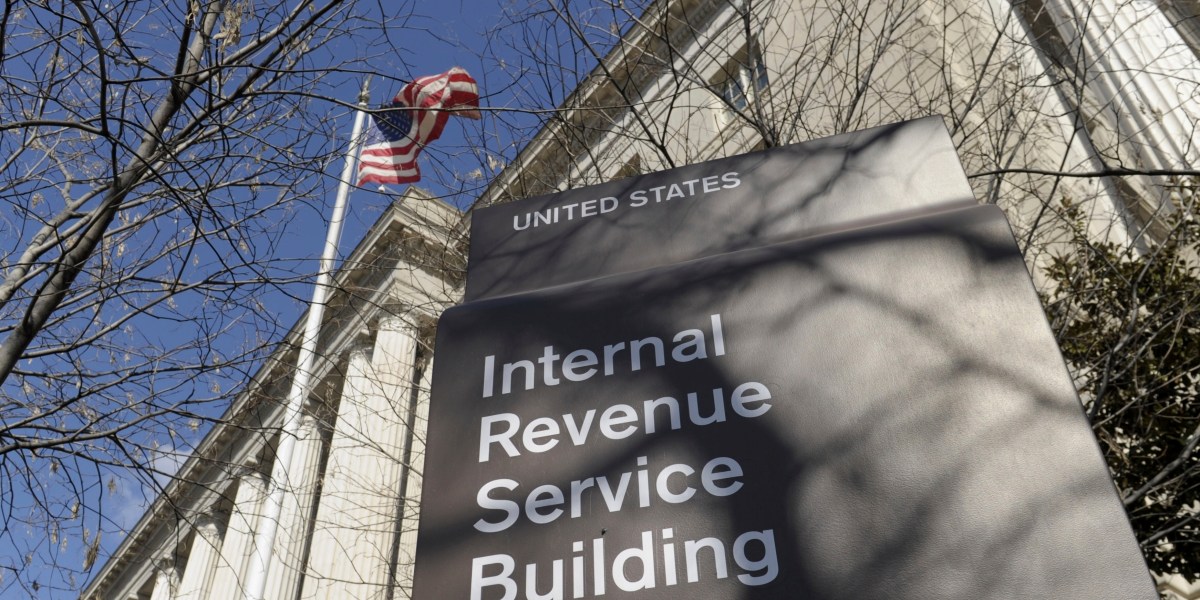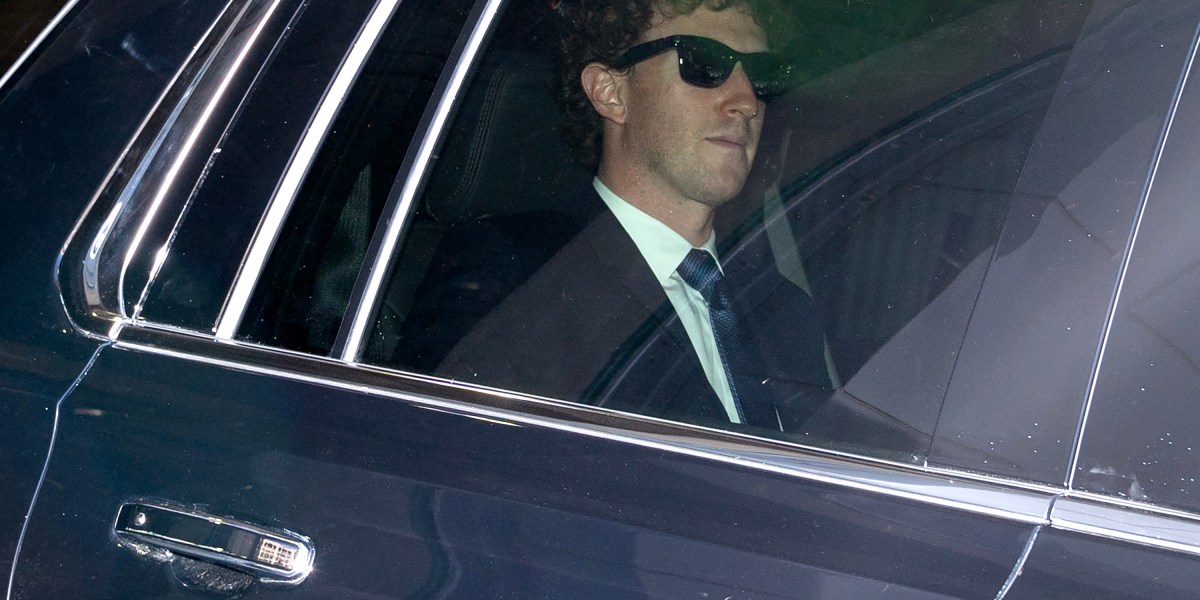Mark Zuckerberg said that ByteDance Ltd.’s TikTok posed a “highly urgent” competitive threat to Meta Platforms Inc. when it first sprang up in 2018, as he testified for a third day in the Federal Trade Commission’s antitrust trial.
“We observed that our growth slowed down dramatically,” as TikTok gained popularity, the Meta chief executive officer said Wednesday. “It was highly urgent, this has been a top priority for the company for several years.”
Zuckerberg spent seven hours over the past two days being interrogated by a government attorney, who pressed him to revisit the struggle for the company — then Facebook Inc. — to keep up with the mobile app boom in the previous decade. That led to the company’s purchase of Instagram and WhatsApp more than 10 years ago and, in response to TikTok, the roll out of its Reels video product for Instagram in 2020.
The FTC wants to force Meta to sell the apps as it tries to paint Zuckerberg as a shrewd executive who illegally monopolized part of the social media market by buying companies rather than competing with them. Responding to Meta’s lawyer Mark Hansen, he can tell his story without pushback.
“People will be sharing in new ways in five years, than what is happening today,” Zuckerberg said.
Zuckerberg said Meta competes with an array of platforms, including Google’s YouTube, and Apple Inc.’s iMessage as well as Elon Musk’s X, Telegram, Microsoft Corp.’s LinkedIn and others. The FTC maintains that in the narrow market of sharing information with friends and family, Meta only competes with Snap Inc.’s Snapchat.
‘Network Effects’
Part of the FTC’s case involves the technical concept of “network effects,” meaning that the more users companies such as Meta have, the more likely they are to retain a dominant position, because people are unlikely to switch to a service used by few people.
US District Judge James Boasberg, who’s presiding over the non-jury trial in Washington, has remained largely silent during the questioning, but interjected during Zuckerberg’s testimony Wednesday to ask if network effects still really matter.
“How much does it matter if your friends are on a particular platform if you can send content out of that platform? Why does it matter if your friends are there?” the judge said.
Zuckerberg said it doesn’t. “These apps now serve primarily as discovery engines,” he said. “People can take that content to messaging engines.”
If the FTC prevails, a spinoff of Instagram and WhatsApp would undo years of integration between the apps, disrupt two of the most popular digital consumer products in the world and potentially erase hundreds of billions of dollars in Meta’s market value. It would also raise serious questions about how the government evaluates and approves deals.
Bigger Company
Under questioning by Hansen, Zuckerberg refuted the FTC’s argument that Meta bought Instagram to bury a competitor. Instagram would not likely have been able to grow to the extent it has, had it remained independent, he said. “Instagram has been built out into a much more vibrant service” as a result of the deal, Zuckerberg said.
Taking a small online platform to a billion users and beyond is unlikely to happen without the backing of a larger company, he said. “Every company that has this level of scale is owned by a bigger company,” he said, citing ByteDance Ltd.’s TikTok and Google’s YouTube as examples.
It came out earlier in the trial that Snap turned down a $6 billion offer from Facebook in 2013, and Zuckerberg said that service would have grown more had it joined his company.
In at times combative questioning earlier this week by FTC lawyer Daniel Matheson, Zuckerberg sought to walk back statements that he made in previous internal communications.
Zuckerberg acknowledged in a 2013 email blocking advertising on Facebook for messaging apps WeChat, Kakao and Line, which he wrote are “trying to build social networks to replace us.” On the stand this week, however, he said “it’s hard for me to characterize what their intent was.”
When asked by Hansen to describe how he was evaluating the competitive threat posed by Instagram and others at the time of the deals, he referenced a quote from former Intel Corp. CEO Andy Grove, saying “only the paranoid survive.”
Matheson also sought to show that Meta, then known as Facebook Inc., was aware of its antitrust risk years ago, including a possible breakup.
He displayed an email from 2018 in which Zuckerberg wrote: “As calls to break up the big tech companies grow, there is a non-trivial chance that we will be forced to spin out Instagram and perhaps WhatsApp in the next 5-10 years anyway.”
This story was originally featured on Fortune.com
Source link

 Entertainment8 years ago
Entertainment8 years ago
 Politics8 years ago
Politics8 years ago
 Entertainment8 years ago
Entertainment8 years ago
 Entertainment8 years ago
Entertainment8 years ago
 Tech8 years ago
Tech8 years ago
 Tech8 years ago
Tech8 years ago
 Tech8 years ago
Tech8 years ago
 Tech8 years ago
Tech8 years ago






